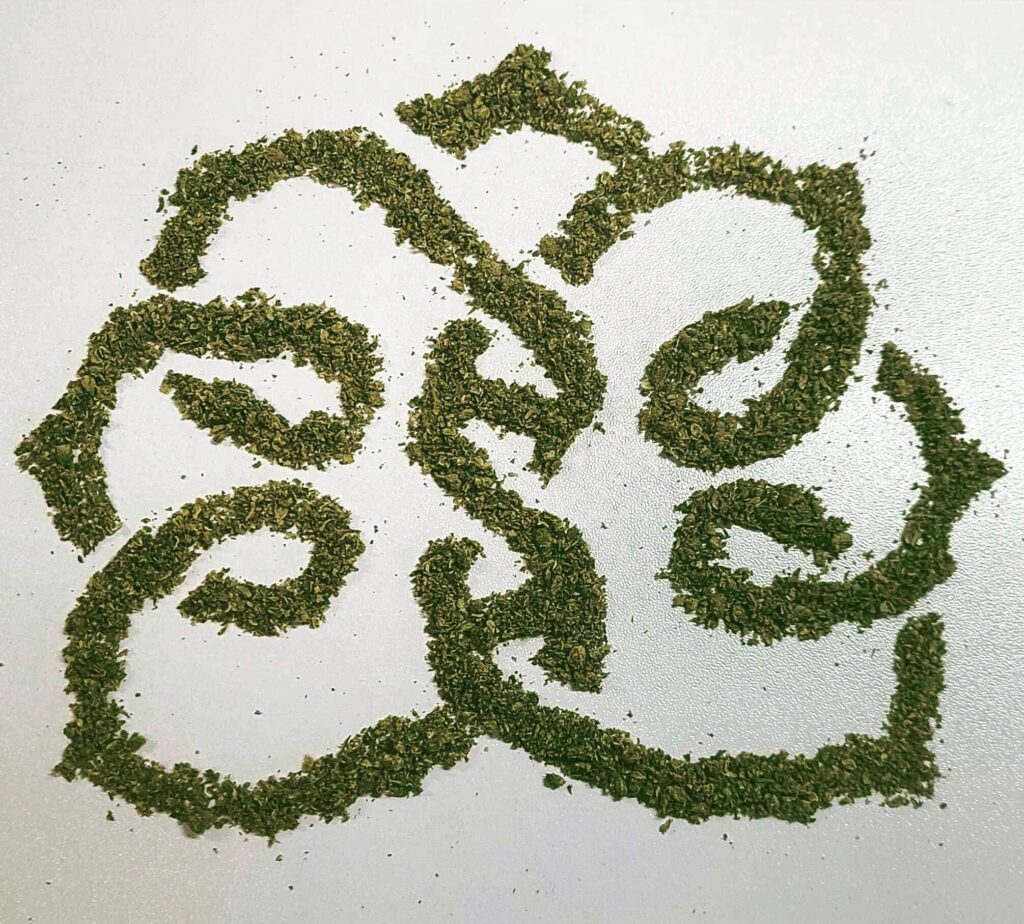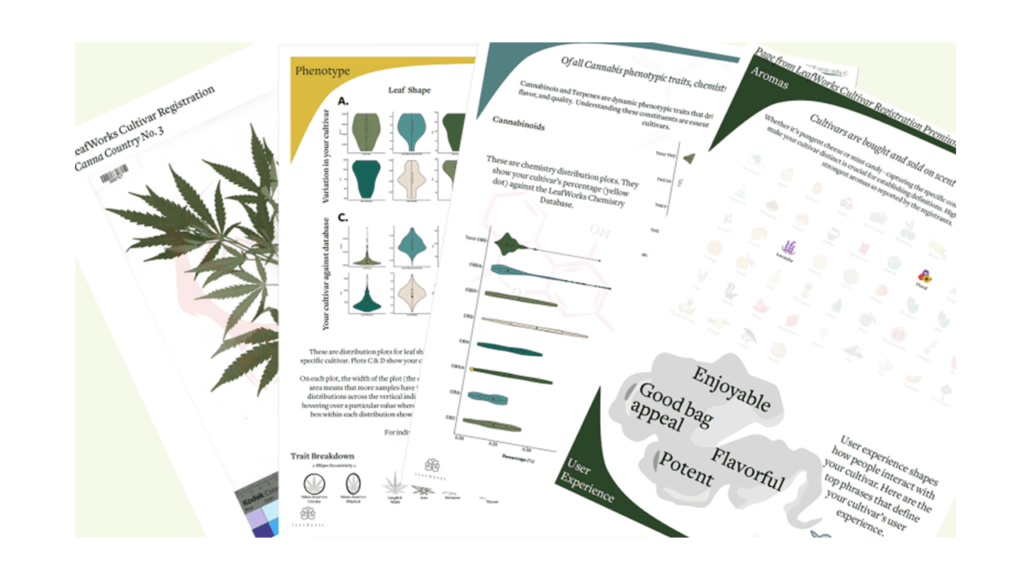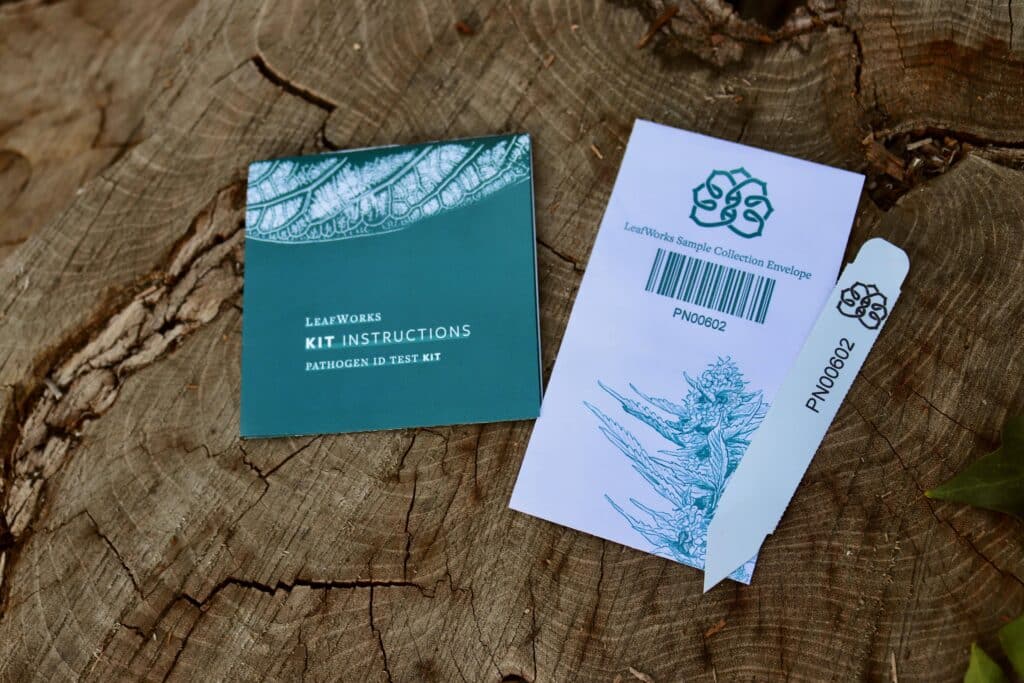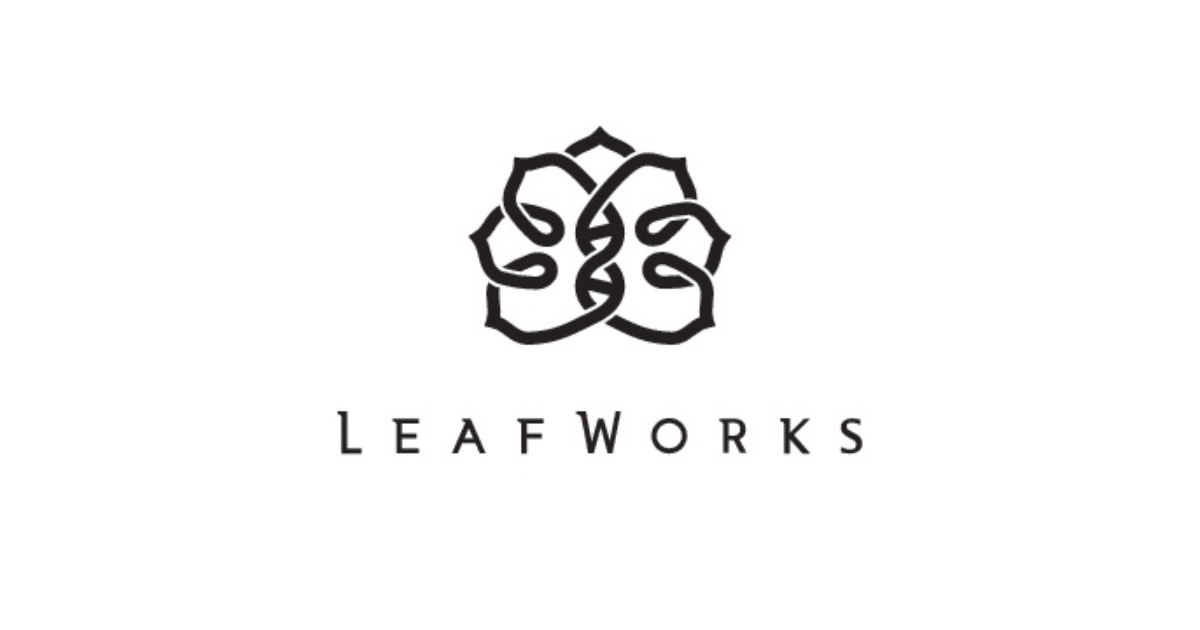Juliet was right about roses. The smell is in the flower, not the name. But what if you want the same
smell in every bouquet of roses, every time? In that case, not just any rose will do. Roses, like all
cultivated plants, benefit from identification and stewardship that is uniform and transparent
throughout agronomy. Soon, we should be able to say the same thing about cannabis.
Our friend Cannabis, although lovingly stewarded by cultivators for millennia, is just beginning its journey toward being documented like other plants and herbs. It was as recently as 2013 that the American Herbal Pharmacopoeia 1 released the monograph for Cannabis, codifying it alongside other herbal medicines. The monograph provides standards of identity, purity, analysis, and quality to provide a standard to which anything purporting to be cannabis would be compared. But what if you know it is cannabis, but want to know what strain or chemovar?
I asked Dr. Eleanor Kuntz, botanist, co-founder, and CEO of LeafWorks how you really know if
you have a certain strain or not. “It depends. How far removed are you from the original breeder? Where did you get it? Can you trust the source and the label? All of these are factors in understanding what cultivar you have in hand. If you have visibility into its sourcing, then you can have higher confidence you are getting the same cultivar every time. But the further away you are from the source, objective third-party validation is really the only way to know for sure.”

In all our conversations, Eleanor sounds like a botanist serving cannabis, not a cannabis company with
a genetics angle. I think we all remember the outrage across the industry a few years ago when a
genetics company—Name stated with P and rhymed with hylos– solicited genetics samples from across
the industry under the auspices of providing a map of the variety of genetics in cannabis. Things took a
turn when it was discovered that their real motivation was to breed the most promising of those
genetics, becoming a nursery themselves.
With LeafWorks, their business model is diagnostics, building tools for breeders and cultivators to do their own work more efficiently. They employ classic tools of botany with state-of-the-art technologies in genomics and plant science of genetics to fully define and validate a plant because that’s how you do it in any other plant species.
When defining a new species, or new cultivar, you accurately describe the plant and what characteristics make it unique. Then Genetics can be used to identify and differentiate plants from one another once plants and cultivar/varietal boundaries are defined.
From a consumer perspective, I just want to know that I will get roughly the same experience next week
when I buy Runtz from Telos Farms or Cookies. According to a recent article by MJBizDaily, the names on the package are not the concrete descriptors we as consumers expect. The article based on a study published in May of this year in tells us what we already know- that the name game is a real and destructive phenomenon. Plant names are changed routinely, to increase sales, make something sound different or unique, or generally increase the chance of selling slower-selling material.

The chemical analytics might be spot on, but today’s labels don’t communicate the strain/cultivar
identity reliably. This lack of documentation and definition of the actual identity of the plant is challenging for consumers and makes it too easy for producers to slap a hype strain label on a jar
without delivering the goods.
When I lamented all of this to Eleanor, she dropped this truth bomb about plant ownership and identity, “If it isn’t documented, it doesn’t exist”. DNA testing isn’t enough to protect your plant genetics and
apply for plant IP protection, you need a lot more information than just genetic sequence. To use Eleanor’s parlance, a cultivar that exists in agriculture when it has records that link a plant back to its history, is well characterized and is linked to a copy of the plant specimen itself- the same way that any other cultivar would be defined in any other plant species.
“You could go to a dispensary and purchase flower to submit for DNA testing. That doesn’t make that your plant. You can put a nug in the freezer and submit it later. That still doesn’t mean it’s your plant.” While DNA might be the most highly technical of the tools of botanical identification, the written description and herbarium voucher is still the holy grail of plant identification.

Eleanor and co-founder Dr. Kerin Law advocate so strongly for the herbarium voucher that they started Canndor, a nonprofit cannabis industry herbarium whose mission is to document and preserve the records of cannabis plants in order to establish historical evidence, link plant creators with their work and establishing broader cultivar standards.
All of the plants submitted to LeafWorks for genetics through their Cultivar Registration service are included in the Canndor Herbarium for posterity and future IP protection to the plant owner. I asked Larry Sandell, an IP attorney in the space about how cultivators can protect their genetics with good documentation. “Larry being smart about patenting plants”.
These processes of defining, protecting and managing botanical products is well defined in the world
outside of cannabis. Whether it is verifying that cuttings are truly chardonnay grape vines or a load of
elderberry is the correct species of one with sambuca, the standards and processes exist in the marketplace with standardization around the globe.
LeafWorks treats cannabis as though, and prepare yourselves, it is any other plant. Their work reflects the discipline of the botanical space whether it is for echinacea, sambucas, gingko or cannabis. There are challenges throughout the botanical supply chain resulting from both intentional and unintentional errors that are addressed with proper identification. High-value botanical materials are documented in this way so that processors can vet bulk products received from producers. A typical COA for a shipment of ginseng would be a validated species ID test utilizing such standardized methodologies.

Cannabis genetics testing is for so much more than cultivar identification-, it is an invaluable
resource for the breeder and cultivator. LeafWorks serves the industry by analyzing small samples of individual plants to guide the breeder to cull weaker plants and just grow out the best of the popped beans.
DNA studies can quickly inform the cultivator about the health and vigor of the plants, streamlining breeding efforts and maximizing greenhouse space. DNA testing makes data-driven decision-making accessible to everyone, which is essential to a truly equitable operational environment in this industry” according to Dr. Kuntz.
Most readers of Beard Bros are advanced cultivators who know the value of genetics testing in a
breeding and cultivation program. “Everything within a cultivation starts with choosing the proper genetics. The right choice can be the key to a successful start and smooth sailing, whereas the wrong decision could set you back months, maybe even years on your operational plan.” according to Jeff Levers, co-founder of Beard Bros Pharms.
Now, more than ever, it is both essential to use the tools available to the industry and it is difficult to add expense to the process. Analytical genetics is an effective and valuable way to economize in the garden, “Knowing your genetics are free of common problems is invaluable as a grower, and it allows you to focus on maximining output and yield each crop instead of having to constantly be in problem-solving mode” said Jeff.
As a humble Custy, I just want to buy beautiful flowers like Sol Spirit Sol Shine over and over and over
again. If I get great effects from a certain strain, I would love to share that information with a friend
across the country and have them get similar effects from the same strain (and know that they are in
fact getting the same thing).
The cannabis plant has a beautiful way of making itself available to selective breeding programs and cultivation methods. I love the data, research, and information that we are developing around this beautiful botanical wonder. Cannabis, I am confident, will remain greater than the sum of the data that swirls around it.
1 American Herbal Pharmacopoeia Publishes Historic Monograph on Cannabis – American Botanical Council
(herbalgram.org)
Enjoyed that first hit? Come chill with us every week at the Friday Sesh for a freshly packed bowl of the week’s best cannabis news!
- Can CBD Help Combat Alcohol Binge Drinking? A Study Suggests It Might
- Missouri Hemp Farmers Form Missourians for a Single Market in Attempt to Redefine Regulations
- Restaurant Spotlight: 1811 in Berlin – Timeless Taste in Charlottenburg
- Texas Governor Abbott Vetos Senate Bill 3, Calls For Special Legislative Session
- Petition Calls on Meta to End Cannabis, Psychedelic, and Harm Reduction Communities Censorship
- Texas Expands Medical Cannabis Access with House Bill 46















